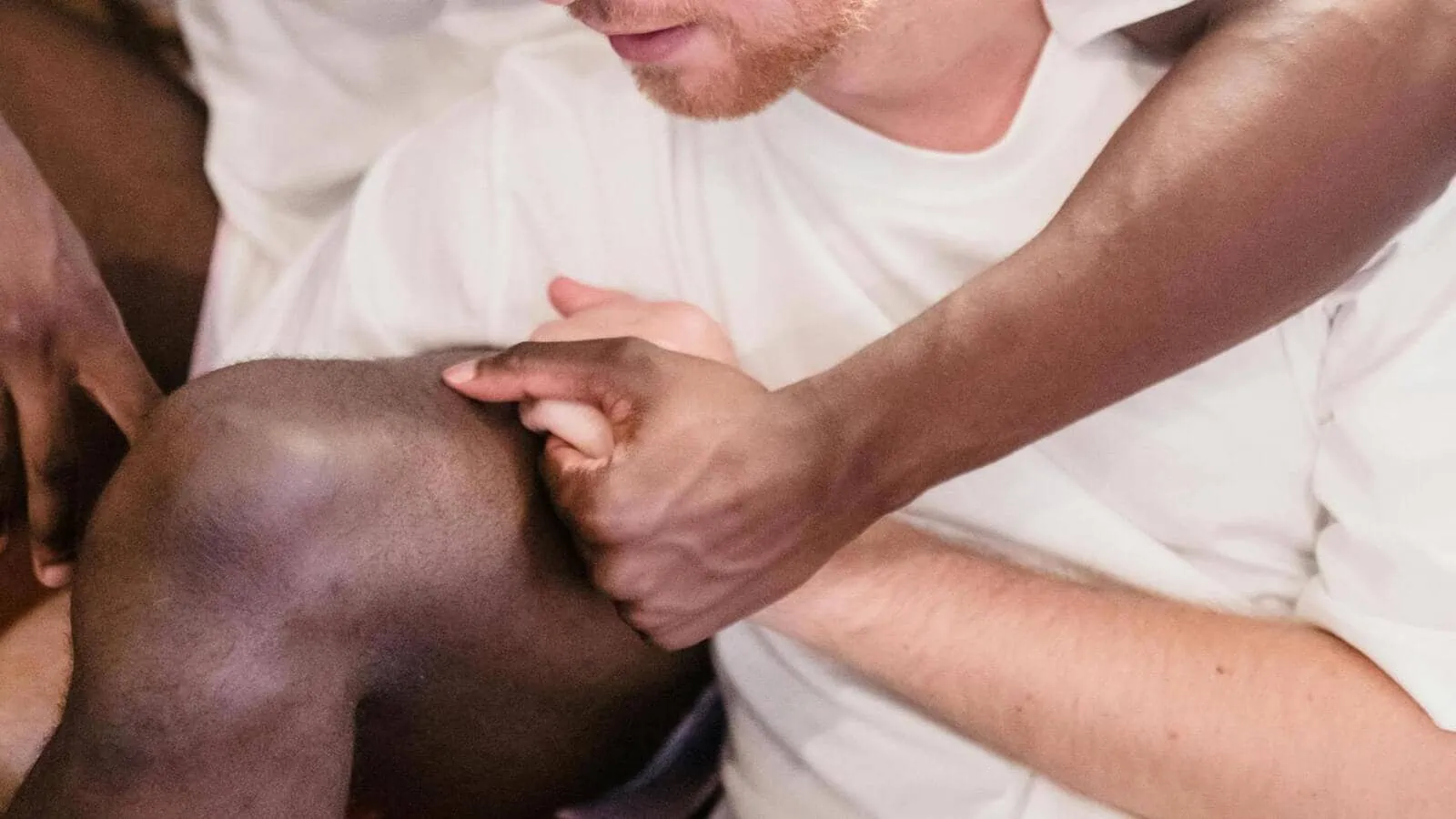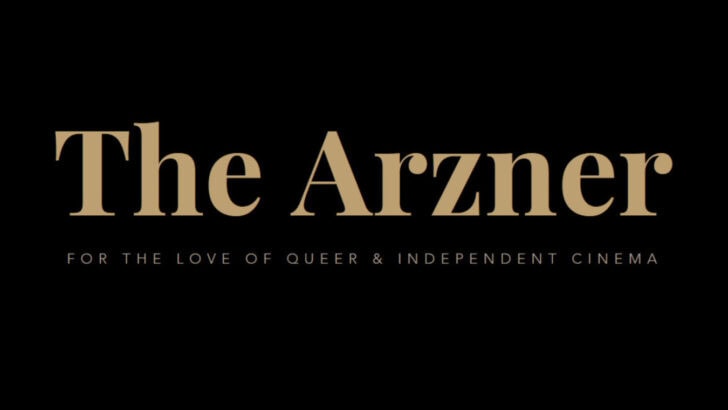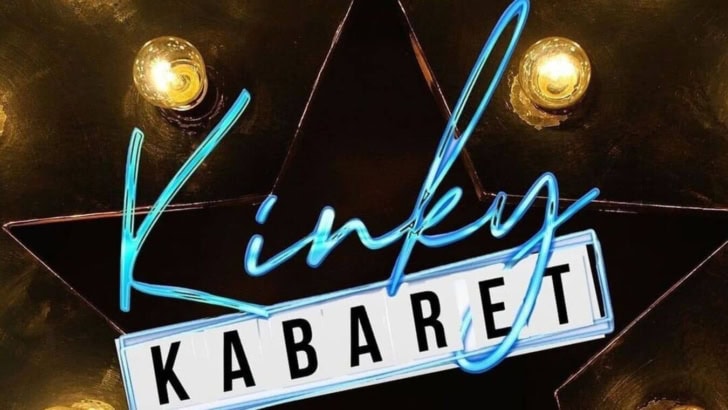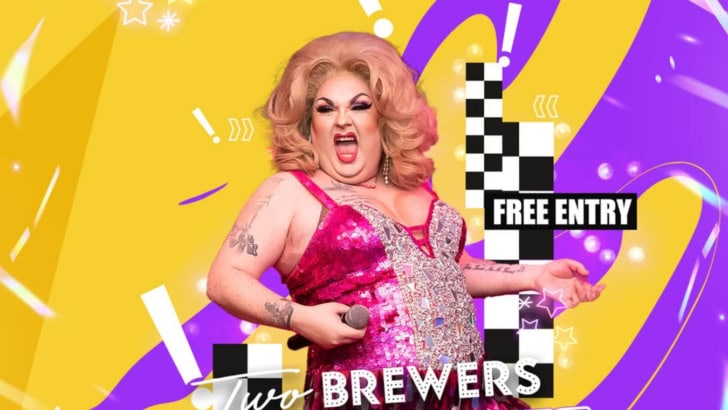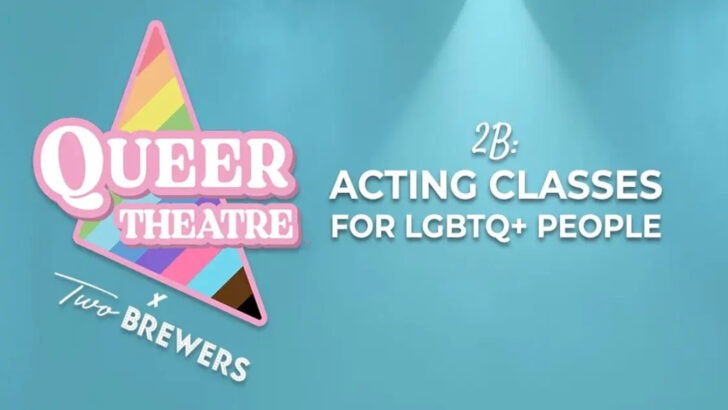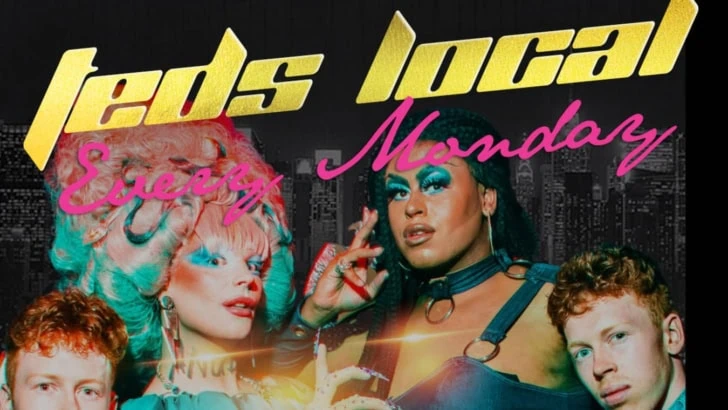TV and radio celebrity Rylan Clark has recently repeated his sentiments that the only thing he regrets about his marriage to his ex-husband Dan Neal is that he didn’t get a prenup. When the pair divorced back in 2021, Rylan was open about his relationship and its disappointments, dwelling particularly on his regrets of not putting a solid prenup in place.
What is a Prenuptial Agreement (Prenup)?
Although they have been around for many years and are becoming increasingly popular amongst British celebrities as well as Americans, there is still a stigma around nuptial agreements.
Understandably, newly engaged couples do not want anything to taint their fresh and exciting relationship and can feel that asking for a prenup is a step in the wrong direction.
However, a nuptial agreement should be perceived as a positive. It should also build the trust between a couple, rather than destroy it.
A prenup is not solely about protecting assets. It must also meet the needs of both parties and any minor children. It should be reviewed after a period of time, preferably at least every five years, or after significant events take place such as the birth of a child to ensure it is accurate and up to date with the current circumstances.
The couple should each have their own legal advisor telling them what they are and are not entitled to. It is effectively an insurance agreement in case the relationship comes to an end. Nuptial agreements can give both parties control and dignity over the outcome of an (hopefully unlikely) end to the marriage.
Unlike an outcome determined by the Court, nuptial agreements can be very detailed and creative. They provide an insight into the couples’ life together and their individual situation upon entering the marriage.
Although not legally binding in England and Wales yet, nuptial agreements can be a way of reducing the stressful division of finances, assets, liabilities, property and even child arrangements should the marriage break down (although you may wish to have an entirely separate document known as a separation agreement in relation to the child arrangements).
It is also possible, because the documents are not legally binding, to depart from the terms agreed if you both decide to do so. You are free to do this as long as you both agree as to how the prenup is dealt with, and of course have any alternative agreement recorded in writing. It is a good idea to take legal advice at this stage to best record how to deal with it.
Structuring a Prenup as an LGBTQIA+ Couple
When people enter into long-term relationships there is a sense of excitement as they look towards their future together, and deciding on living arrangements, property, marriage and possibly having kids (although not necessarily in that order).
As a newly engaged couple, divorce is unlikely to be the first thing on your mind. However, prenups are not solely about divorce or separation. They can be a useful way to get your finances and assets in order ahead of you being legally and financially connected and help with putting protective measures in place. Prenups are also a good way of ensuring that you are both on the same page with the practical aspects of your relationship.
For those in the LGBTQIA+ community, there may well be additional factors at play when it comes to deciding what goes into a prenup.
You may have lived together for a significant amount of time before you decided to get married or enter a civil partnership. This can mean that both parties have built up money and assets as individuals that will then need to be put into the prenuptial agreement. Property can be a complicated aspect, too, and ownership of your shared home may need to be re-examined and a plan put in place for the future.
It may be the case that you have children. Child arrangements can be a challenge for LGBTQIA+ couples, often more so that for their heterosexual counterparts, because the child or children are usually only biologically related to one parent, and potentially is not biologically related to either if you have chosen to adopt.
It might be the case that when you have decided to get married and are sorting out your prenup and other practical matters, that parental orders and parental responsibility need to be considered. It’s worth seeking legal advice on this matter, as a lawyer can advise how to apply for parental responsibility or adoption.
As is increasingly the case, couples are choosing to have pets as a precursor, or even instead of, children. Pets, particularly dogs and cats, have taken on such a huge role in family life in the past few decades, and ownership rose exponentially during the Covid years. For LGBTQIA+ couples, pets can become all the more important and often take the place of children, in part because of the complications of having children and the laws around surrogacy, adoption, and fertility.
It is worthwhile, then, to put a pet clause into your prenup, or have an entirely separate document known as a ‘petnup’, to lay out how you and your partner would share the pet if you break up.
Conclusion
Rylan’s comments about regretting not having a prenup signed before his marriage to Dan Neal highlights the increasing importance of being open and honest with your partner from the beginning.
If you decide to get married, understanding the practical and financial realities is really important, and can save a great deal of stress and heartache down the line, even if it doesn’t seem like the most ‘romantic’ conversation.
It is worth noting that signing your marriage certificate does not preclude you from getting an agreement – you can create one after your marriage. This is known as a ‘post nup’ but works in exactly the same way as a prenup, just that you will be married.
Getting a nuptial agreement shows that you are thinking of your loved one and your relationship as much as yourself. It provides protection for all.
Couples should be reassured that in England and Wales, if the agreement does not meet both parties needs in the first instance, the Court can override it.
Hannah Mugleston is a Senior Associate at Stowe Family Law.
